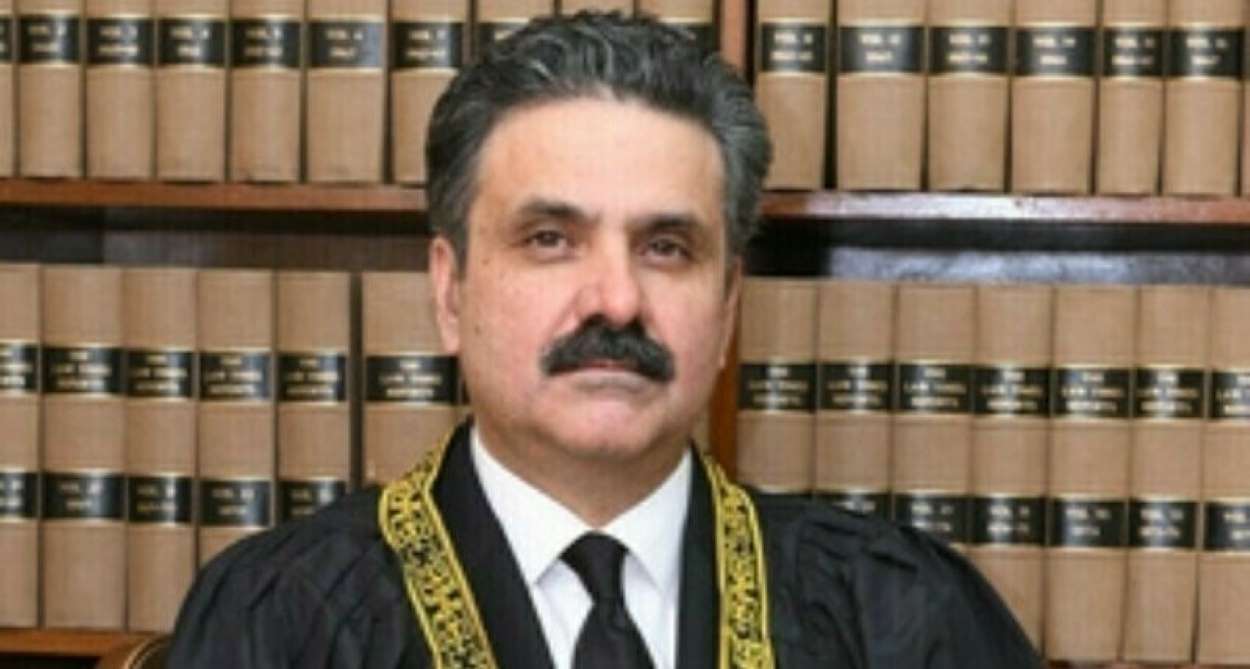The special parliamentary committee tasked with nominating Pakistan’s next Chief Justice has approved Justice Yahya Afridi with a two-thirds majority, moving his nomination to the prime minister for final approval. The committee reached this decision after a meeting that lasted more than 90 minutes on Tuesday.
The Speaker of the National Assembly, Sardar Ayaz Sadiq, hosted a dinner for committee members that evening. The committee’s efforts to fill the country’s top judicial position initially faced challenges due to the absence of key members.
Representatives from Pakistan Tehreek-e-Insaf (PTI) and the Sunni Ittehad Council announced a boycott of the committee, expressing dissatisfaction with the selection process. This action delayed the appointment of the next Chief Justice. After a meeting in the speaker’s chamber, PTI’s Barrister Gohar Ali Khan stated, “We have made our decision. We will not be part of this committee’s meetings.” Speaker Sadiq’s efforts to involve PTI members in the selection process included forming a four-member subcommittee for negotiations, but the boycott continued.
Read: Justice Yahya Afridi Could Be Next Chief Justice: Ansar Abbasi
This boycott has significantly affected the appointment process, complicating the committee’s task of finalizing the Chief Justice selection. Initially, the committee postponed the meeting to discuss the three senior judges nominated for the position: Justices Mansoor Ali Shah, Munib Akhtar, and Yahya Afridi.
Despite PTI and Sunni Ittehad Council’s absence, the committee proceeded with the judicial appointment process. The Secretary of Law and Justice presented detailed profiles of the nominees, outlining their legal careers, educational backgrounds, and judicial timelines.
After careful review, the committee endorsed Justice Afridi’s nomination and forwarded it to the Prime Minister for final approval. The President will formally approve the appointment following the Prime Minister’s endorsement.
This pivotal appointment reflects recent reforms in selecting the Chief Justice, moving away from the automatic elevation of the senior-most judge to a selection by the parliamentary committee. These changes aim to reform judicial appointments but have raised concerns about judicial independence.
The ongoing boycott by PTI and the Sunni Ittehad Council highlights persistent political tensions over the Chief Justice’s appointment, driven by PTI’s dissatisfaction with adverse judicial rulings in recent months.






